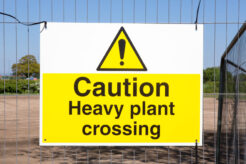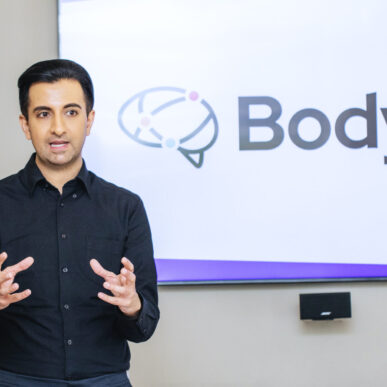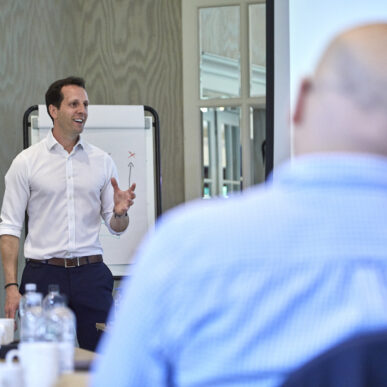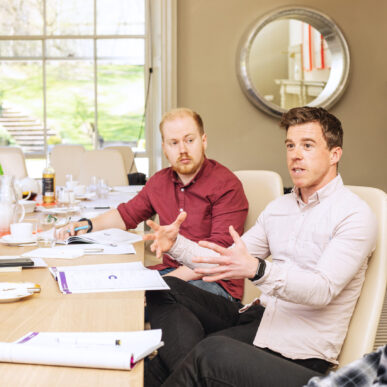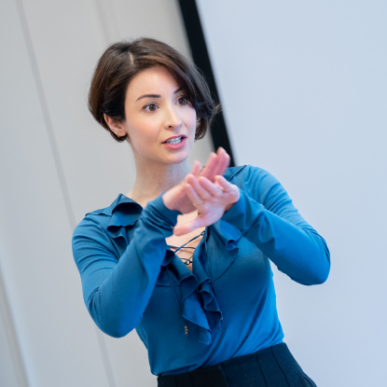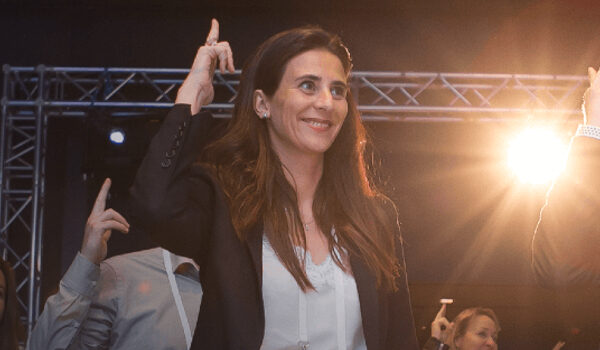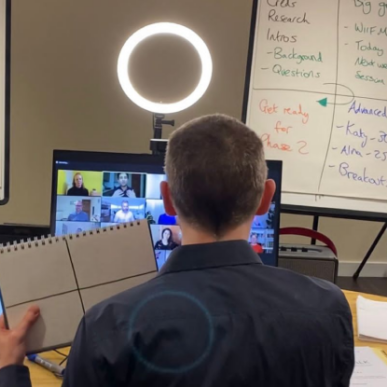“The role of a leader is not to come up with all the great ideas. The role of a leader is to create an environment in which great ideas can happen”. – Simon Sinek
Smart Leadership: Look After The Garden and Watch Your Team Grow
Few people understand the power of context. The effect of our immediate environment – both physical and mental – has a tremendous impact on the way we behave. If you look after the environment your team operate in, this can have an incredible effect on your results and wellbeing.
Most leaders focus on changing the way their team thinks to match the vision they hold for the organisation’s future. For a long time, I thought the same. Then I learned something remarkable, and it changed the way I approached improving myself and supporting my team.
Let me explain.
On Krypton, Kal-el – that’s Superman to us planet Earthers – was set to grow up to become just another ordinary guy. Following a flight to earth, he could fly, run faster than a speeding train, and, well – all sorts of other cool stuff. What’s changed? Not Kal. He’s the same guy. But his environment has.
The same can be true for your team. Here on earth, the idea that an individual’s behaviour can be influenced by nothing more than his perception of his surrounding environment was first brought to public notice as long ago as 1982.
BROKEN WINDOWS
In the March edition of that year’s Atlantic Monthly, two criminologists, James Q. Wilson and George L. Kelling, sought to explain the link between criminal behaviour and the environment. They revealed a fascinating insight into the compelling effect on behaviour that your immediate, physical environment exerted.
They argued that by making minor changes to the environment, it would be possible to nudge behaviours away from the criminal towards the acceptable. This unseen influence was subtle yet very effective.
Taking the ideas suggested by this “Broken Windows” piece, William Bratton, the New York Police Commissioner, famously implemented his “zero tolerance” policy. The result? Over the following few years, murders, assaults, and robberies fell dramatically.
And you can apply this dramatic effect created by the environment to the mental space your team occupies.
BE A GARDENER
General Stanley McChrystal talks about this in his book ‘Leaders: Myths and Reality.’ A retired US Army General best known for his command of Joint Special Operations Command in mid-2000, he was described by Former Defence Secretary Robert Gates as “perhaps the finest warrior and leader of men in combat I ever met.’
McChrystal’s insight was this: The effectiveness of his team as a result of the environment he created. To put it another way, the environment created the behaviours he wanted. He didn’t try to change attitudes one by one; instead, he brought about wholesale change by controlling the spaces in which his team worked, and to a degree, thought.
McChrystal explains his approach to leadership as being like that of a gardener.
Of course, it’s easy to think of a gardener growing plants and flowers. But pause for a moment and consider this more thoughtfully. It’s the plants and flowers doing the growing, not the gardener. The gardener invests time cultivating and nurturing, making the garden robust, resilient and radiant, but the garden doesn’t need the gardener to be there to thrive.
McCrystal didn’t tell his daffodils when and how to flourish, but by nurturing the plants, watering and nourishing them, he allowed the flowers to do what they do best. Grow and blossom.
Equally, if the daffodils didn’t bloom, McCrystal wouldn’t blame the flowers. Good gardeners, like true leaders, look to themselves first and then the environment.
EYES ON, HANDS OFF
When reflecting on his leadership style, McChrystal said, “the more I worked on creating an environment and giving people freedom, the better the results. The temptation is to lead as a chess master, controlling each move of the organisation. But as a gardener, you enable rather than direct. A gardening approach to leadership is anything but passive. The leader acts as an “Eyes-On, Hands-Off” enabler who creates and maintains an ecosystem in which the organisation operates.”
Simply put, the running of a successful business or organisation relies on constant nurturing of the whole environment – the staff, the processes, the culture.
Simon Sinek says, “The role of a leader is not to come up with all the great ideas. The role of a leader is to create an environment in which great ideas can happen”.
You don’t need to wear your underpants on the outside of your trousers to become a super leader – just get your watering can out and watch your team grow.
If you would like to invest in your team’s skills or increase the impact of your leaders, get in touch today to discuss the options with our team at Body Talk.



